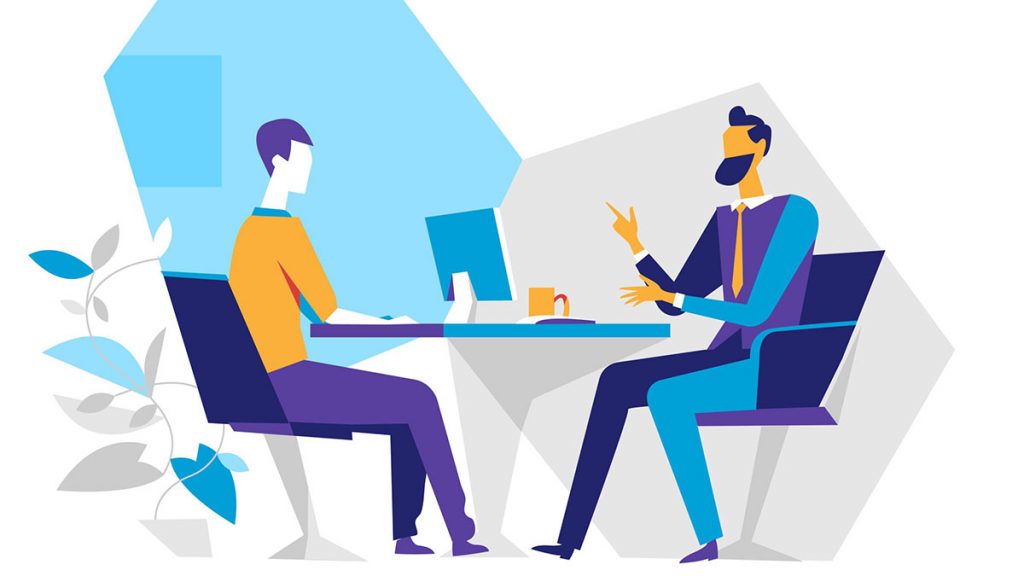In today’s complex society, where misunderstandings and disputes are part of everyday life, the role of an Ombudsmann (plural: Ombudsmänner) has become increasingly important. But what exactly are Ombudsmänner, and how do they help people resolve problems? Let’s explore this interesting concept and its relevance in various sectors.
What Does “Ombudsmänner” Mean?
The word Ombudsmänner is the plural form of “Ombudsmann” in German. In English, it translates to “ombudsmen” or simply “ombudsman representatives”. These are neutral third-party individuals appointed to investigate and resolve complaints, especially between individuals and institutions or companies.
The term originated from the Swedish word “ombudsman,” which means “representative.” Over time, the term has been adopted internationally, especially in legal, governmental, and corporate settings.
The Role of Ombudsmänner
Ombudsmänner act as intermediaries between organizations and individuals. Their primary role is to handle complaints and disputes fairly, independently, and confidentially. Here’s how they usually function:
- Listen to complaints from individuals, employees, or consumers.
- Investigate the issue without bias.
- Mediate or offer solutions that are fair to both sides.
- Recommend policy changes to prevent similar issues in the future.
They do not take sides and usually have no authority to force action but rather suggest fair outcomes.
Where Are Ombudsmänner Commonly Found?
Ombudsmänner operate in a wide range of sectors. Below are the most common areas where they serve:
1. Government Agencies
In many countries, ombudsmänner are appointed by the state to investigate public complaints against government departments or public services. For example, if someone feels they have been unfairly treated by a public authority, they can reach out to a government-appointed ombudsman.
2. Corporations and Financial Services
Large companies, particularly in the banking and insurance sectors, often have internal ombudsmänner to handle customer disputes. These individuals ensure that clients have a platform to voice concerns, particularly in situations where legal options may be costly or slow.
3. Educational Institutions
In universities and colleges, ombudsmänner handle student or staff grievances. Whether it’s about unfair grading, workplace conflict, or disciplinary actions, these professionals offer confidential and impartial advice and mediation.
4. Healthcare Services
Hospitals and healthcare systems sometimes appoint ombudsmänner to resolve patient complaints, such as issues related to service quality or medical errors. These ombudsmen help improve communication between patients and healthcare providers.
Why Ombudsmänner Are Important
Ombudsmänner play a crucial role in fairness and accountability. Here’s why they are important:
- They offer a safe space for people to share concerns without fear of retaliation.
- They provide neutral evaluations of disputes or misconduct.
- They help avoid legal action by solving problems internally.
- They promote ethical practices by encouraging transparency and dialogue.
Qualifications and Skills of Ombudsmänner
While there’s no single path to becoming an ombudsman, many hold degrees in law, public administration, or conflict resolution. Key skills include:
- Strong communication and listening abilities.
- Ability to remain neutral and unbiased.
- Understanding of legal or organizational policies.
- Problem-solving and negotiation skills.
- High ethical standards and confidentiality.
Real-World Example: How Ombudsmänner Help
Let’s say an employee at a large company believes they were unfairly denied a promotion. Instead of taking legal action immediately, the employee can reach out to the company’s ombudsman, who will review the situation confidentially. After investigating, the ombudsman might find that proper procedures weren’t followed and can recommend that the promotion decision be reconsidered—without formal court involvement.
This helps maintain a positive work culture and prevents lengthy disputes.
Ombudsmänner vs. Legal System
It’s important to note that ombudsmänner are not replacements for lawyers or courts. They provide an informal and cost-effective way of dealing with complaints. However, if the issue remains unresolved, legal steps can still be taken.
Think of ombudsmänner as first responders to disputes, aiming to de-escalate and resolve them before they grow into bigger issues.
The Evolution of Ombudsmänner in the Digital Age
In the past, ombudsmänner worked mostly in person. But with the rise of the internet and remote work, many now operate online platforms for submitting complaints and scheduling virtual meetings.
Some modern companies also use AI-based tools to assist ombudsmänner in managing cases and organizing feedback. However, the human touch remains key in delivering trust and empathy.
Conclusion: Ombudsmänner Make Systems Better
In summary, Ombudsmänner are essential figures in today’s world, offering a bridge between people and powerful institutions. They provide a confidential, unbiased, and informal route to justice, helping ensure that everyone’s voice is heard.
Whether in government, education, healthcare, or business, their role continues to grow in importance as society becomes more complex. Having access to ombudsmänner helps build trust, transparency, and fairness in every field they serve.



